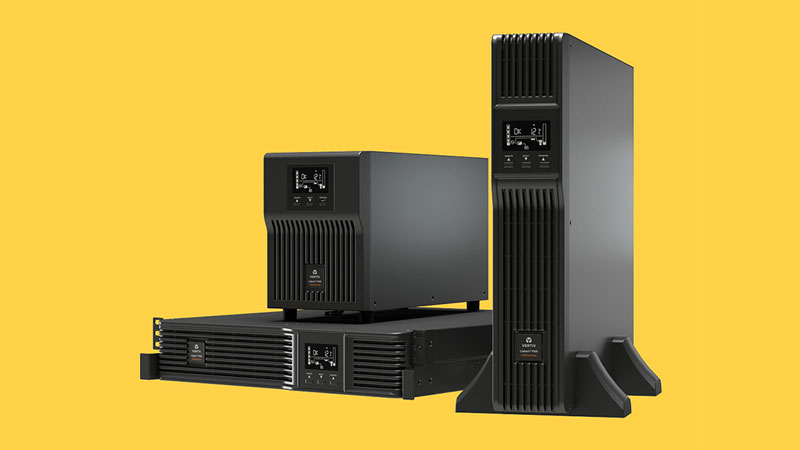
The Advantages of Using Lithium-ion Batteries as a Backup Power Source in Single-Phase UPS Applications for Remote and Edge Data Centers
Lithium-ion batteries are a common power source for millions of consumer devices. But they are now being adopted for use with Uninterruptible Power Supply (UPS) applications, as a means of ensuring uptime for mission-critical infrastructure in data centers. For companies wishing to deploy distributed computing and edge networks, lithium-ion batteries are ideal for use with IT deployments in remote locations. Lithium-ion batteries offer more reliable performance, require less maintenance, and have a higher power density than lead acid batteries. Lithium-ion batteries last up to 3 times longer, resulting in fewer battery replacements and lower labor costs. Also, lithium-ion batteries include a Battery Monitoring System (BMS) and other features that help to ensure safe battery operation. While the initial cost of lithium-ion batteries is still higher than lead acid batteries, this cost difference is shrinking. Lithium-ion batteries can now provide a lower total cost of ownership (TCO) than lead acid batteries in as little as 5 years. Over the typical service life of a UPS, it is estimated that a lithium-ion battery system can provide a TCO savings of 40% or more.





